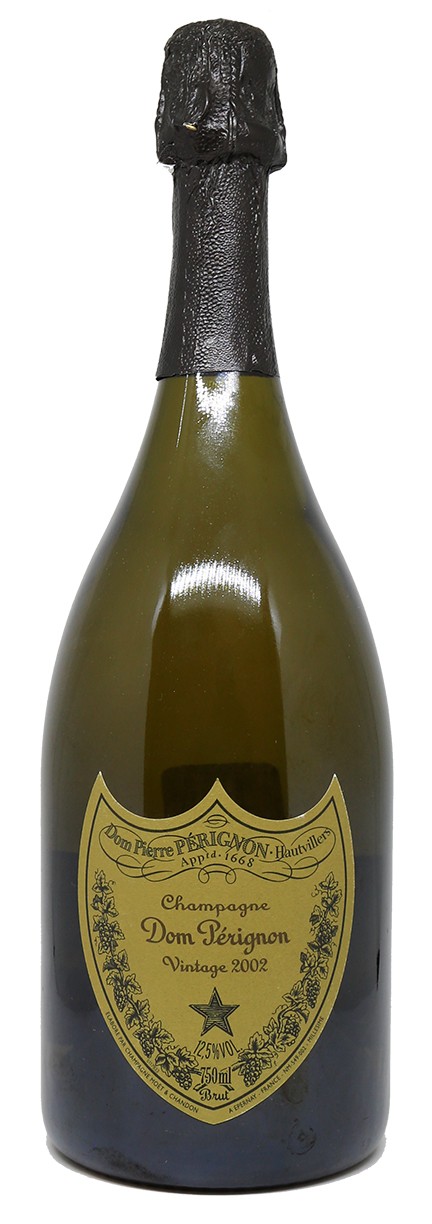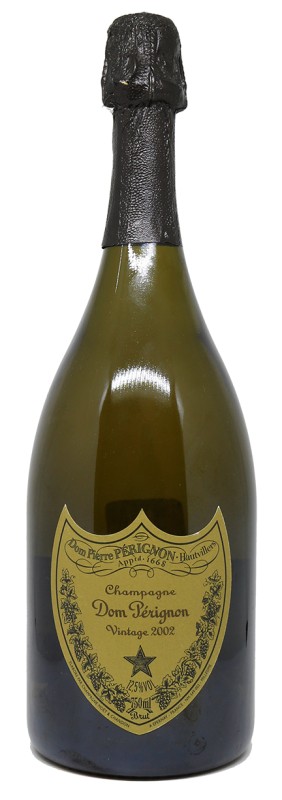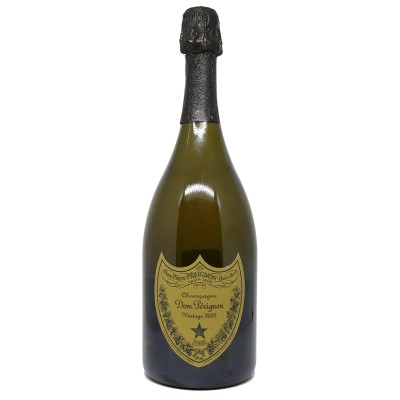-
Bordeaux

Appellations
-
Burgundy

Winery
- Lalou Us Leroy
- Domaine Laurent Tribut
- Domaine Pattes Loup
- Alice et Olivier De Moor
- Domaine de Villaine
- Sylvain Pataille
- Domaine Dujac - Dujac Fils & Père
- Denis Mortet
- Domaine Génot-Boulanger
- Domaine Henri Gouges
- Domaine Jacques-Frédéric Mugnier
- Domaine Vincent Dauvissat
- Domaine Méo-Camuzet
- Pierre-Yves Colin-Morey
-
Rhône

Appellations
Winery
- Domaine Pierre Gonon
- Clos des Papes
- Alain Graillot
- Dard et Ribo
- Domaine de l'Anglore - Eric Pfifferling
- Domaine Yves Gangloff
- Domaine Saint Préfert
- Domaine Jean-Michel Gerin
-
Loire
Appellations
Winery
- La Grange Tiphaine
- Alain et Jérôme Lenoir
- Jérôme Bretaudeau
- Vignoble de la Coulée de Serrant
- Domaine de la Chevalerie
- Thibaud Boudignon
- Domaine des Sables Verts
- Domaine Guiberteau
-
Champagne

Catégorie
Winery
- Dom Pérignon
- Champagne Jacques Selosse
- Champagne Henri Giraud
- Champagne Jacquesson
- Domaine Stéphane Tissot (Jura)
- La Grange Tiphaine
- Domaine Ganevat (Jura)
- Champagne Bonnet Ponson
-
Languedoc
Appellations
-
Other Regions
Appellations
Winery
- Domaine Marcel Lapierre (Beaujolais)
- Domaine Jean Foillard (Beaujolais)
- Domaine Abbatucci (Corse)
- Domaine de Vaccelli (Corse)
- Domaine de La Tournelle (Jura)
- Domaine Jean Macle (Jura)
- Domaine Stéphane Tissot (Jura)
- Domaine des Ardoisières (Savoie)
- Domaine Tempier (Provence)
- Clos Larrouyat (Jurançon)
- Elian Da Nos (Côtes du Marmandais)
- Domaine Ganevat (Jura)
- Château Montus - Alain Brumont (Madiran)
- Domaine Labet (Jura)
- Yvon Métras (Beaujolais)
- Domaine Belluard (Savoie)
-
Foreign Wines

Pays
Winery
- Weingut Keller (Germany)
- Weingut Egon Müller (Germany)
- Weingut Dönnhoff (Germany)
- Sassicaia - Tenuta San Guido (Italie)
- Marie-Thérèse Chappaz
- David & Nadia (South Africa)
- Leeuwin Estate (Australia)
- Sine Qua Non (United-States)
- Vega Sicilia (Spain)
- Pio Cesare (Italy)
- Tignanello - Marchesi Antinori (Italy)
- Biondi Santi (Italy)
- Felton Road (New-Zealand)
- Alain Graillot
- Weingut Wasenhaus (Germany)
- Lustau (Spain)
- Klein Constantia (South Africa)
- Lopez de Heredia (Spain)
- La Rioja Alta S.A. (Spain)
- The Sadie Family (South Africa)
-
Spirits

Catégorie
Winery
- Chartreuse (Liqueur)
- Neisson (Rum)
- Angostura (Rum)
- Bielle (Rhum)
- Bologne (Rum)
- Foursquare (Rum)
- La Favorite (Rum)
- Longueteau (Rum)
- HSE (Rum)
- Montebello (Rum)
- Plantation (Rum)
- Saint James (Rum)
- Savanna (Rum)
- Trois Rivières (Rum)
- Velier (Rum)
- Ti Ced' (Rum)
- Depaz (Rum)
- J.M (Rum)
- A1710 (Rum)
- Hampden Estate (Rum)
- Caroni (Rum)
- Clairin (Rum)
- Pio Cesare (Italy)
- Jean Cavé (Armagnac)
- Lustau (Spain)
- Neisson - Collection Tatanka (Rum)
- Ardbeg (Whisky)
- Adelphi Selection (Whisky)
- Ardnamurchan (Whisky)
- Arran - Lochranza (Whisky)
- The Balvenie (Whisky)
- Bruichladdich (Whisky)
- Bunnahabhain (Whisky)
- Springbank Distillers (Whisky)
- Daftmill (Whisky)
- The GlenAllachie (Whisky)
- GlenDronach (Whisky)
- Glenfarclas (Whisky)
- Gordon & MacPhail (Whisky)
- Kilchoman (Whisky)
- Tobermory - Ledaig (Whisky)
- Torabhaig (Whisky)
- Caol Ila (Whisky)
- Wemyss (Whisky)
- Elixir Distillers (Whisky)
- Compass Box (Whisky)
- Bimber (Whisky)
- Waterford (Whiskey)
- Ichiro's Malt (Whisky)
- Michel Couvreur (Whisky)
- Quinta Do Noval (Portugal)
- Swell de Spirits
- Rom de Luxe (Rhum)
- Maison Lhéraud (Cognac and Armagnac)
- Gadyamb (Rhum)
- Massenez Distillery
- Kavalan (Whiskey)
- Bacanha (Sirop)
- Delamain (Cognac)
- Our Exclusive Bottlings
- Distillerie Marcel Windholtz
- Glen Scotia (Whisky)
- Loch Lomond (Whisky)
- The Bitter Truth (Bitters)
- Mars (Whisky)
- Akkeshi (Whisky)
- Kill Devil (Rhum)
- Artisanal Rum (Rhum)
-
Accessories

Catégorie
- Blog



















